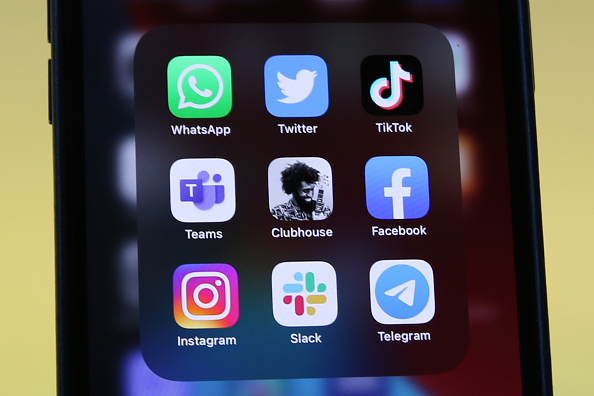Uganda’s controversial Computer Misuse (Amendment) Bill 2022, which rights groups say will likely be used to silence dissenting voices online, has come into force after the country’s President Yoweri Kaguta Museveni signed it into law yesterday.
The country’s legislators had passed amendments to the 2011 Computer Misuse Act in early September, limiting writing or sharing of content on online platforms, and restricting the distribution of children’s details without the consent of their parents or guardians.
The bill was brought before the house to “deter the misuse of online and social media platforms.” A document tabled before the house stated that the move was necessitated by reasoning that “enjoyment of the right to privacy is being affected by the abuse of online and social media platforms through the sharing of unsolicited, false, malicious, hateful and unwarranted information.”
The new law, which is also curbing the spread of hate speech online, recommends the application of several punitive measures, including ineligibility by offenders to hold public office for 10 years and imprisonment for individuals who “without authorization, accesses another person’s data or information, voice or video records and shares any information that relates to another person” online.
Rights groups and a section of online communities are worried the law might be abused by regimes, especially the current one, to limit free speech and punish persons that criticize the government. Some have plans to challenge it in court.
Fears expressed by varying groups come in the wake of increasing crackdowns on individuals that don’t shy away from critiquing Museveni’s (Uganda’s longest-serving president, who also blocked social media in the run up to last year’s general election) authoritarian regime online.
Recently, a Ugandan TikToker, Teddy Nalubowa, was remanded in prison for recording and sharing a video that celebrated the death of a former security minister, who led the troops that killed 50 civilians protesting the arrest of opposition politician Robert Kyagulanyi Ssentamu (Bobi Wine) in 2020. Nalubowa, a member of Ssentamu’s National Unity Platform, was charged with offensive communication in contravention of the Computer Misuse Act 2011 amid public outcry over the harassment and intimidation of dissidents. Ssentamu, Museveni’s critic and country’s opposition leader, recently said the new amendment is targeting his ilk.
The Committee to Protect Journalists (CPJ) had earlier called on Museveni not to sign the bill into law, saying that it was an added arsenal that authorities could use to target critical commentators, and punish media houses by criminalizing the work of journalists, especially those undertaking investigations.
The Collaboration for International ICT Policy in East and Southern Africa (CIPESA) had also made recommendations including the deletion of Clause 5, which bars people from sending unsolicited information online, saying that it could be abused and misused by the government.
“In the alternative, a clear definition and scope of the terms “unsolicited” and “solicited” should be provided,” it said.
It also called for the scrapping of punitive measures, and the deletion of clauses on personal information and data, which duplicated the country’s data protection law.
The CIPESA said the law also is likely to infringe on the digital rights of individuals, including the freedom of expression and access to information, adding that the provisions did not address issues, like trolling and harassment, brought forth by emerging technologies as the law sought to do in the first place.
